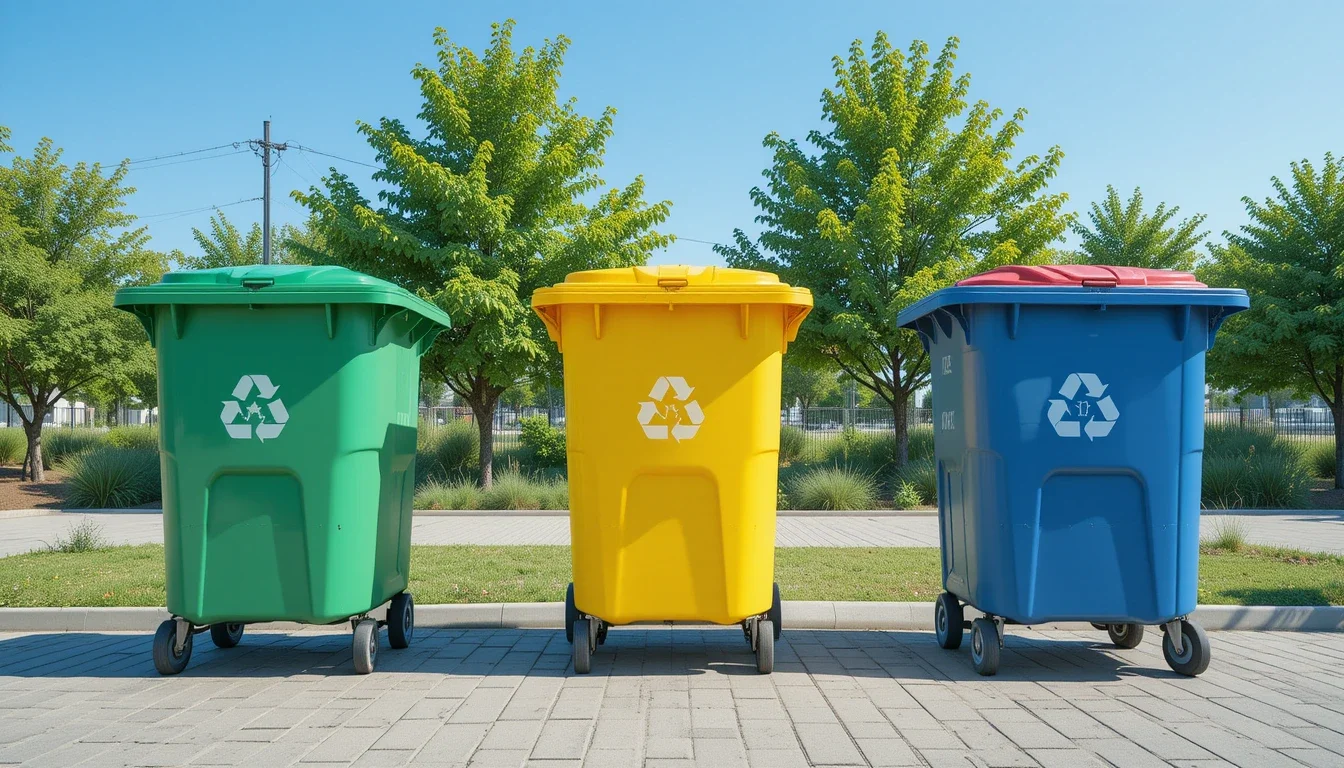The Capital Development Authority (CDA) has upgraded Islamabad’s waste collection system with a new model. It is introducing stricter rules, modern bins, and international-standard services to keep the capital city cleaner. This initiative aims to bring Islamabad closer to global standards of cleanliness and sanitation.
CDA Waste Management Islamabad: A New Era
CDA Chairman and Chief Commissioner Muhammad Ali Randhawa recently chaired a high-level meeting to review Islamabad’s waste management strategy. Senior officials from administration, planning, environment, and solid waste management departments were present.
The CDA divided Islamabad into two operational packages:
- Zones 1, 2, and 3 (Urban Sectors)
- Zones 4 and 5 (Rural Areas)
The CDA planned this division to make waste collection in Islamabad more efficient and specialized.
Residential and Commercial Waste Collection in Islamabad
Islamabad Two-Bin System
Residents in Islamabad will use a two-bin system to separate recyclable and non-recyclable waste.
Islamabad Three-Bin System
After feasibility testing, CDA will introduce a three-bin system in commercial centers and markets to ensure better waste segregation in Islamabad
These systems will encourage households and businesses to take part in the CDA cleanliness drive for a sustainable environment.
Recycling and Waste Segregation
CDA will establish a Material Recovery Facility in Islamabad to sort collected waste efficiently. Workers will segregate and recycle green waste from the wholesale vegetable market.
These measures will strengthen the recycling system in Islamabad and make solid waste management more sustainable.
Enforcement and Fines
CDA will impose fines in Islamabad to ensure compliance with cleanliness rules. Under its new anti-littering policy, the authority will charge penalties from anyone throwing waste in public spaces.
CDA will establish a central control room to monitor Islamabad’s new sanitation services in real time. The authority is ensuring transparency by selecting waste management companies through open and merit-based bidding.
Environmental and Public Health Impact
Better waste management will contribute to Islamabad environmental protection and reduce risks related to poor sanitation. CDA designed the system to improve Islamabad’s public health waste management as well.
Conclusion
CDA designed the new stricter enforcement, modern recycling, and real-time monitoring. By implementing fines for littering and ensuring transparency in waste management contracts, CDA is bringing Islamabad closer to international cleanliness standards.
The current FAQ code already inherits the same font styles (system-safe fonts) as your original Students Awaz FAQ because no explicit font-family was defined. This means it will keep the same font. If you want to strictly ensure consistent typography across all browsers, you can explicitly set the font-family while keeping the structure unchanged. Here’s the updated code: “`htmlFrequently Asked Questions (FAQs)
Quick answers about waste management, recycling, and sanitation in Islamabad.







